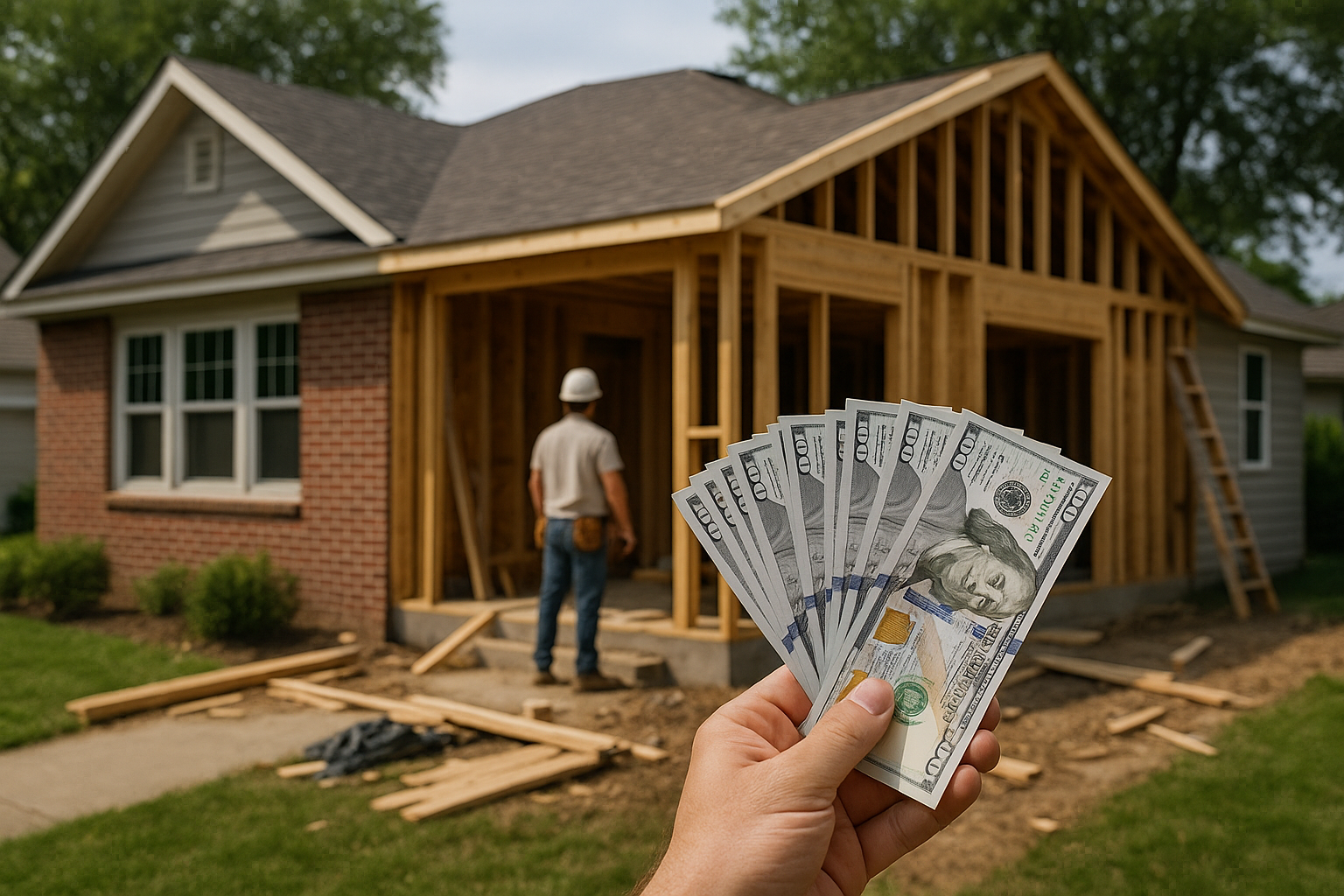What Every Homeowner Should Know About Property Value
Understanding what drives property value is essential for any homeowner, whether you’re thinking of selling, refinancing, or simply investing in your future. This article breaks down the key factors that influence your home’s worth, from location and market trends to renovations and upkeep. By gaining a clear picture of how property values are assessed, you can make smarter decisions to protect and grow your investment with confidence.

How do location and neighborhood impact home value?
Location is often cited as the most crucial factor in determining a property’s value. The old adage “location, location, location” holds true for a reason. A home’s proximity to good schools, shopping centers, public transportation, and employment hubs can significantly boost its value. Conversely, being near less desirable features like industrial areas or high-crime zones can negatively impact property worth.
Neighborhood characteristics also play a vital role. Well-maintained streets, low crime rates, and a strong sense of community can make an area more attractive to potential buyers, thus increasing property values. Additionally, future development plans for the area, such as new parks or improved infrastructure, can positively influence home prices.
What economic factors affect property values?
Economic conditions, both local and national, have a substantial impact on real estate markets. Interest rates, for instance, can affect the affordability of mortgages, influencing demand and, consequently, home prices. When interest rates are low, more people can afford to buy homes, potentially driving up prices.
Employment rates and overall economic growth in an area also play a significant role. Cities with strong job markets and growing industries tend to see increases in property values as more people move to the area for work opportunities. Conversely, areas experiencing economic decline may see property values stagnate or decrease.
How can I accurately check my home’s value?
There are several methods to estimate your home’s value, ranging from DIY approaches to professional assessments. One of the most accessible ways is to use online home valuation tools. These free property worth estimators use public data and recent sales information to provide a rough estimate of your home’s value.
Popular websites like Zillow, Redfin, and Realtor.com offer these tools, but it’s important to remember that their accuracy can vary. For a more precise valuation, consider:
-
Comparative Market Analysis (CMA): A real estate agent can provide this report, which compares your home to similar properties recently sold in your area.
-
Professional Appraisal: While more expensive, this option provides a detailed assessment of your property’s value by a licensed appraiser.
-
Home Inspection: Though not a direct valuation tool, a thorough inspection can identify issues that may affect your home’s value.
What home improvements can increase property value?
Strategic home improvements can significantly boost your property’s value. Some of the most effective upgrades include:
-
Kitchen and bathroom remodels: These rooms often provide the highest return on investment.
-
Energy-efficient upgrades: Installing solar panels, improving insulation, or upgrading to energy-efficient appliances can increase home value and reduce utility costs.
-
Curb appeal enhancements: Simple improvements like landscaping, a fresh coat of paint, or a new front door can make a big difference.
-
Adding usable space: Finishing a basement or adding a deck can increase your home’s functional square footage.
Remember that not all improvements are equal. It’s essential to research which upgrades are most valued in your specific market before investing in major renovations.
What are the predictions for the US housing market in 2025?
While predicting the future of the housing market is challenging, several trends and factors may shape the US housing market in 2025. Experts suggest that demographic shifts, such as millennials entering their prime homebuying years, could continue to drive demand. Additionally, ongoing urbanization and the rise of remote work may influence where people choose to live and what they look for in a home.
However, it’s crucial to note that market conditions can vary significantly by region. Some areas may experience continued growth, while others might see stabilization or even slight declines. Factors such as local economic conditions, housing supply, and potential changes in interest rates will all play a role in shaping the market.
How can I use online tools to estimate my property’s worth?
Online home valuation tools have become increasingly popular for homeowners looking to get a quick estimate of their property’s value. These free property worth estimators use various data points, including recent sales of comparable homes, public records, and sometimes user-submitted information to generate an estimated value.
To use these tools effectively:
-
Input accurate information about your property, including square footage, number of bedrooms and bathrooms, and any recent upgrades.
-
Use multiple tools to get a range of estimates, as each may use slightly different algorithms.
-
Consider local market trends that might not be reflected in automated valuations.
-
Remember that these tools provide estimates, not definitive values. For more accurate assessments, consult with local real estate professionals.
Some popular online valuation tools include:
| Tool | Provider | Key Features |
|---|---|---|
| Zestimate | Zillow | Uses public and user-submitted data, updates frequently |
| Home Value Estimator | Redfin | Incorporates MLS data for more accurate estimates |
| RealEstimate | Realtor.com | Offers multiple estimates from different sources |
| True Cost | HomeLight | Provides a “best case” and “worst case” value range |
Prices, rates, or cost estimates mentioned in this article are based on the latest available information but may change over time. Independent research is advised before making financial decisions.
Understanding your home’s value is crucial for making informed decisions about your property. While online tools can provide a starting point, remember that local market conditions, unique property features, and professional assessments all play important roles in determining your home’s true worth. By staying informed and proactive, you can better manage and potentially increase your property’s value over time.




